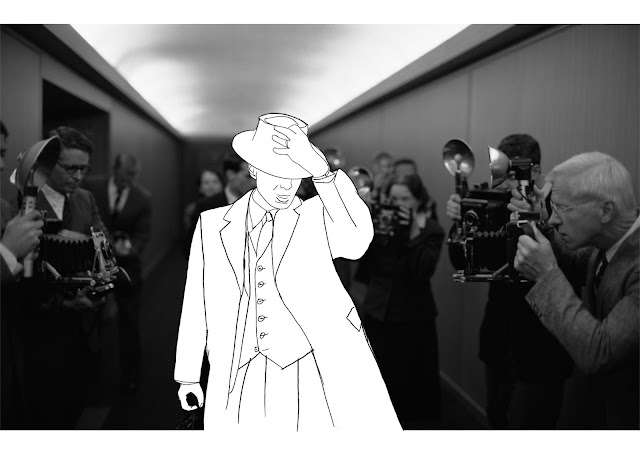death by a thousand cuts
"Man cannot remake himself without suffering, for he is both the marble and the sculptor"
A few years ago I stumbled across this Alexis Carrel quote on Twitter. And instantly bookmarked it, not because I agreed with it fully. The Christian worldview differs from such an argument. Rather, I have always been fascinated by the passage where Jeremiah was asked to visit the potter's house. To see how a potter molds, shapes, and even reshapes the clay to make for himself a pot that seems fit.
Death, taxes, and drawing Bayern Munich in the Champions League was all the suffering a stout Arsenal fan could ever imagine. Bayern gave a mouthful during every meeting, and being jobless, you mocked the system without paying taxes. Yet on that rare occasion when you cashed in on a crypto wave, section 194S smiled on me with an ominous laughter, licking away 30% in indirect tax. And death was a proposition I had to fight just once; at least that's what I thought.
Suffering is such a glorified thing. Yet it's a theme tied through the fabric of life itself. Be it the dinosaurs who roamed the earth or the cub who was separated from the pride. Be it the king who lost his kingdom or the kid who lost the toy. Suffering finds us all. Not to hand us the gift of enlightenment; rather, that's how it is. It comes without knocking, takes the precious china dinner set without asking, and draws a chair at our dinner table.
Scripture says, consider it pure joy when you face sufferings of many kinds. But Saint James wrote this in a very different scenario, at the peak of Roman persecution. The blood of martyrs spilled in the clay of the Colosseum molded a far more elegant structure than any of the marble statues in the Pantheon. Yet in the battle with struggles, I haven't had to give up my life for the cause or even spill a drop of blood.
Like Faiz Ahmed Faiz said, Aur bhi gham hai zamane mein. Likewise, there are other deaths too, other than the one we call the final boss. Losing a parent, the demise of a dream, the death of the life you saw, the distance that comes from indifference, disinterest towards an ideology you believed (ah, the folly that is socialism), death that comes from keeping a promise, the excruciating weight of the words unsaid, the constant guilt from helplessness. Yes, Faiz was right; mohabbat ke siva aur bhi gham hai zamane mein. But what do I know about the pain of love!
And unlike Death, the final one, there aren't funerals held for these tiny, small letter deaths. No funerals, no eulogies, no flowers. Every day is a memorial day. And when you reach the threshold of enduring, you take the chisel and cut every vein that goes to the heart. Rip every vein, every artery, to feel nothing or anything. A self-inflicting blow to numb the pain caused by death by a thousand cuts.
In many blows you undo every suffering inflicted on you. And in one fierce go, threw the chisel far away, and now remains a stone in place of the fleshy heart once there was. Ahh, a new heart of stone inside the marble itself. Suffering has taught me that you can't be the sculptor, but you can bring one more rock to the table. Now without the chisel, it's like the marble abandoned by the sculptors. Even by yourself.
You can hope for a Michelangelo moment. A passerby sees your chisel on the road, takes a look at the lump of marble, sees an angel in it, and carves it until it is set free. But with the stone in place of heart, hope is thinner than a whisper.
Oh grand sculptor, chisel away. Make a piece that seems fit for you. But spare this heart of stone until storms pass by. Breathe life back into it when spring comes, I want to enjoy sunsets again. If not, carve it out and throw it on the face of Death and say, "What more can you take that life hasn't already taken? Here, take this too!"
Valar Morghulis!



Comments
Post a Comment